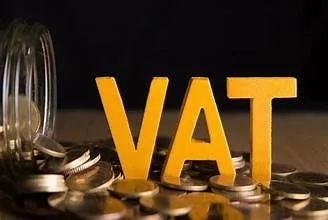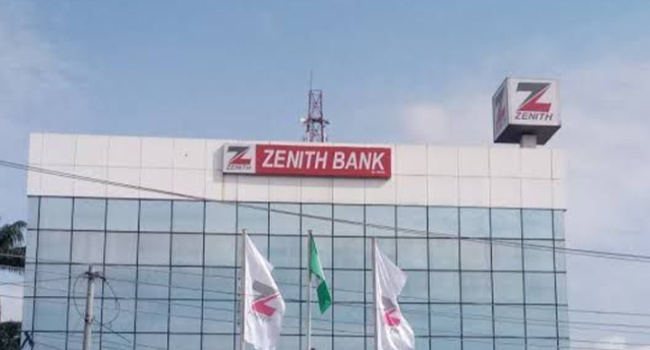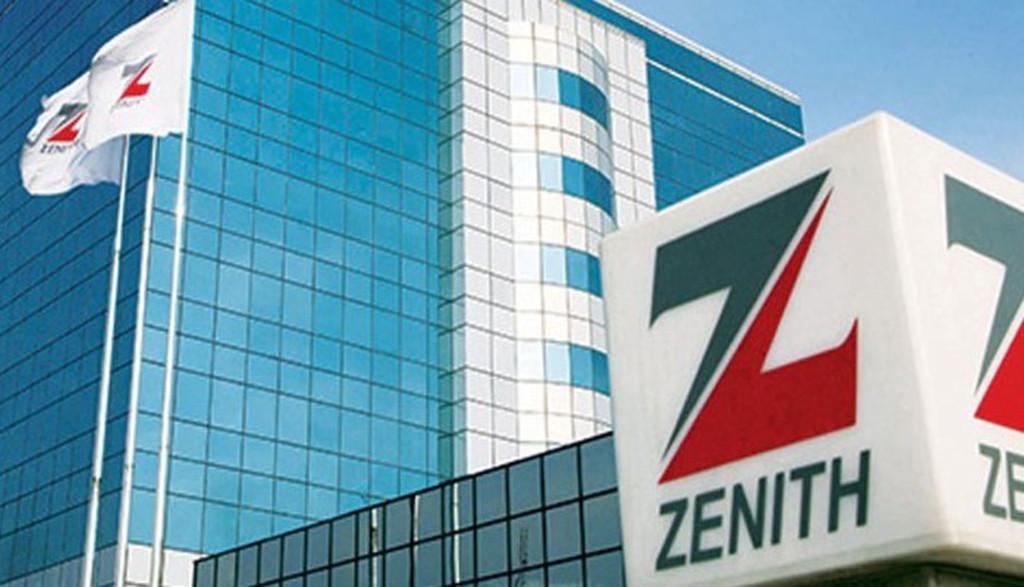Imo, Abia and Zamfara states are the top three states in Nigeria that recorded the lowest Value Added Tax (VAT) in August 2024.
According to data released recently by the Federal Inland Revenue Service (FIRS) on VAT, a total of N444.19 billion was generated by the 36 states across the federation and the Federal Capital Territory (FCT) in August.
Join our WhatsApp ChannelVAT in Nigeria is a type of consumption tax levied on the value added to goods and services at each stage of production and distribution. Currently charged at 7.5 per cent, VAT applies to most goods and services, except for certain exempted items such as: Basic food items (e.g., rice, beans, corn); Medical and pharmaceutical products; Educational materials; Baby products; and Healthcare services.
VAT is typically paid by the consumer, but businesses are responsible for collection and remittance to the Federal Inland Revenue Service.
According to the data released by FIRS, Imo had N235.41 million which was the least in August followed by Zamfara, N432.80 million, and Abia, N663.42 million.
Lagos recorded the highest VAT of N249.77 billion. This is followed by Rivers, N70.54 billion, Oyo, N20.11 billion, FCT, N18.17 billion, Delta N13.09 billion, Bayelsa, N7.12 billion, Kano, N4.65 billion, Akwa Ibom, N4.49 billion, Anambra, N4.28 billion, Edo, N4.05 billion, Ekiti, N3.66 billion, Borno, N3 billion, and Kwara, N2.89 billion.
Others are Adamawa, N2.59 billion, Plateau, N2.58 billion, Benue, N2.56 billion, Gombe, N2.55 billion, Kogi, N2.43 billion, Kaduna, N2.03 billion, Ebonyi, N1.90 billion, Taraba, N1.88 billion, Sokoto, N1.84 billion, Osun, N1.81 billion, Ogun, N1.74 billion, Niger, N1.73 billion, Yobe, N1.71 billion, Katsina, N1.68 billion, Jigawa, N1.59 billion, Nasawawa, N1.47 billion, Ondo, N1.45 billion, Enugu, N1.08 billion, Cross River, N1.08 billion, Bauchi, N691.28 million and Kebbi, N665.17 million.
Tax Reform Bill and VAT Controversy
The Tax Reform Bill currently before the National Assembly has generated reactions as some parts of the country, specifically the northern political leaders, rejected it, claiming that the derivative model adopted for the distribution of VAT will not favour states in the region.
However, chairman of FIRS, Zacch Adedeji, during a public hearing on the Tax Reform Bills at the House of Representatives on Monday said the current tax law benefits only three states, which receive more than 70 percent of VAT.
READ ALSO: 10 Sectors With Highest VAT Contributions In Q2 2024
Adedeji explained that the current VAT-sharing arrangement primarily benefits Lagos, the FCT, and Rivers, the States where most corporate head offices are located.
The FIRS boss clarified that by implementing a derivation model, the proposed reforms seek to rectify this imbalance and provide a more balanced allocation of VAT income to all states, irrespective of their economic standing.
Victor Ezeja is a passionate journalist with seven years of experience writing on economy, politics and energy. He holds a Master's degree in Mass Communication.


















Follow Us